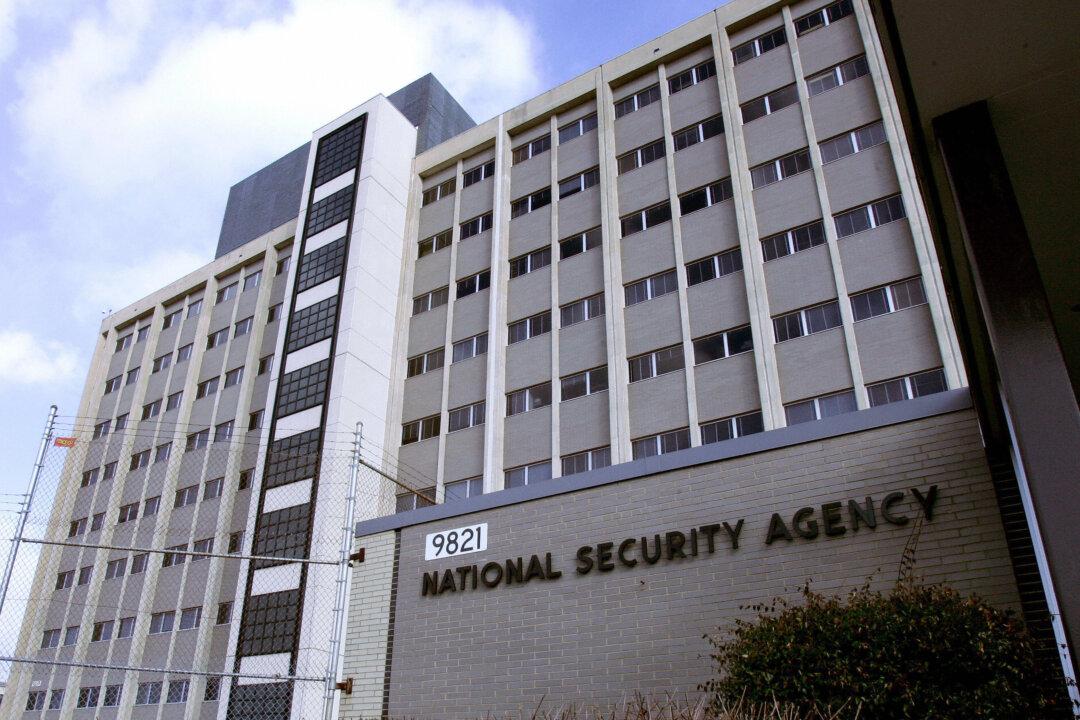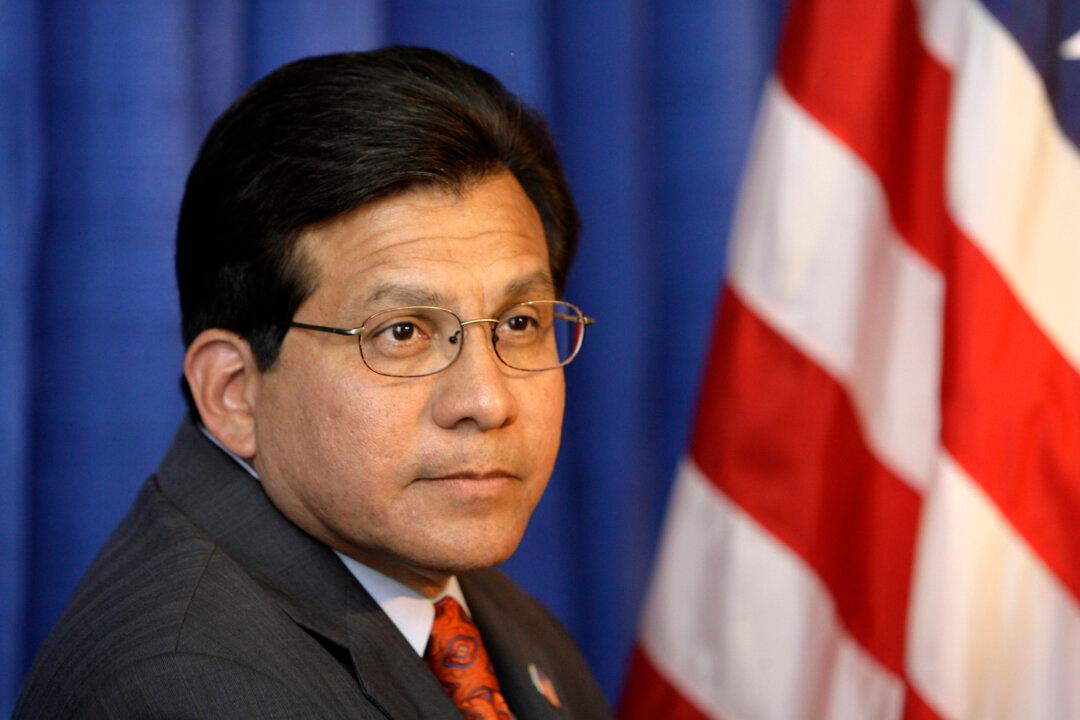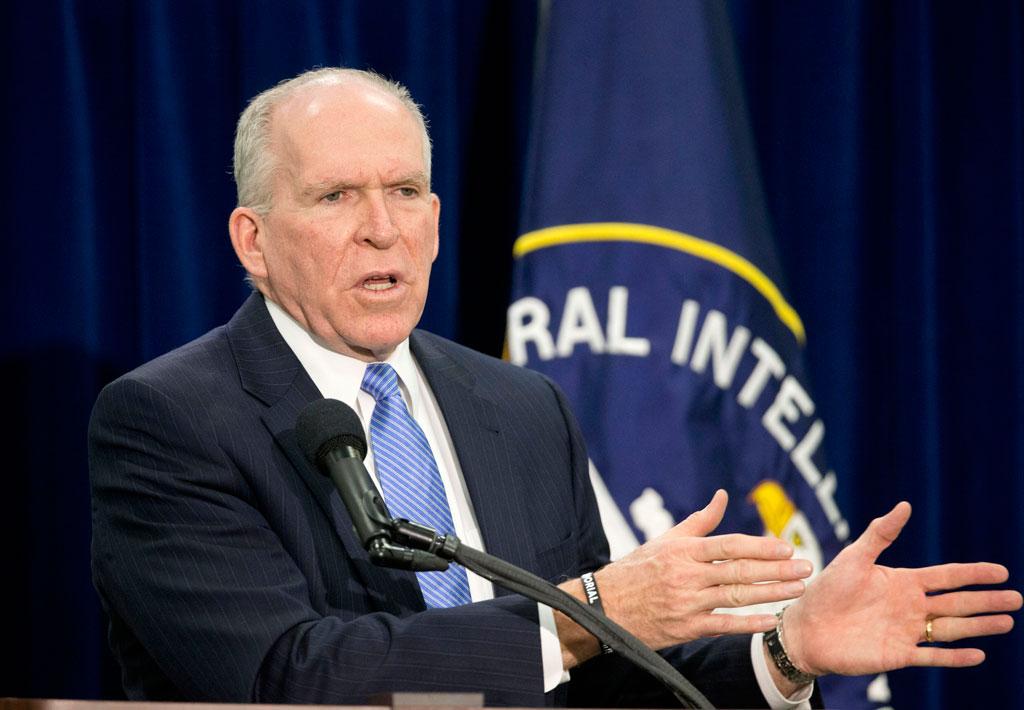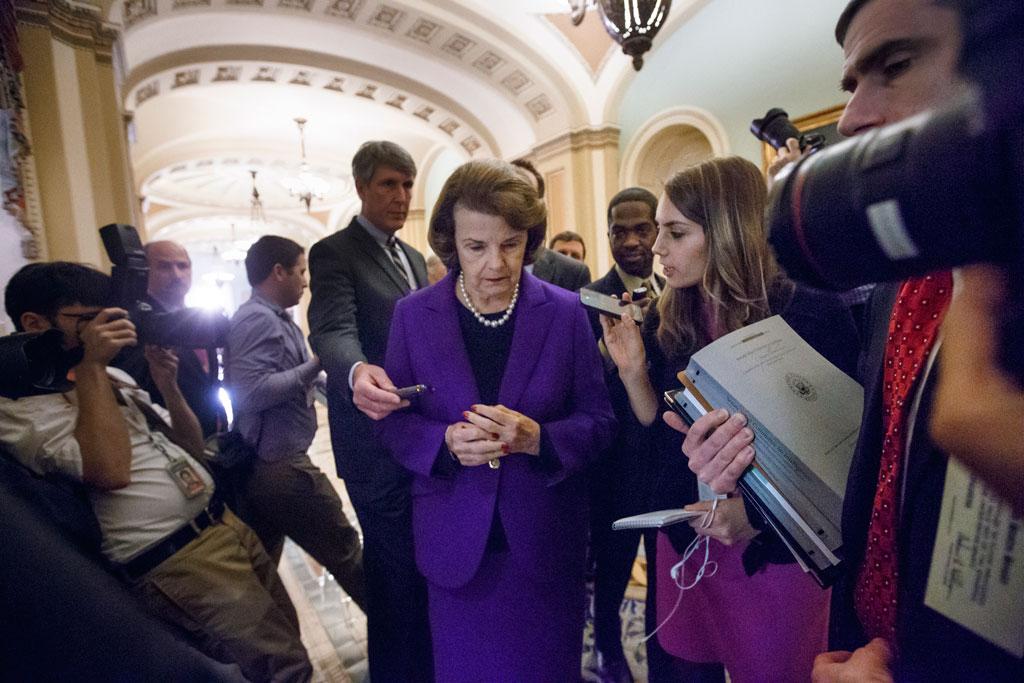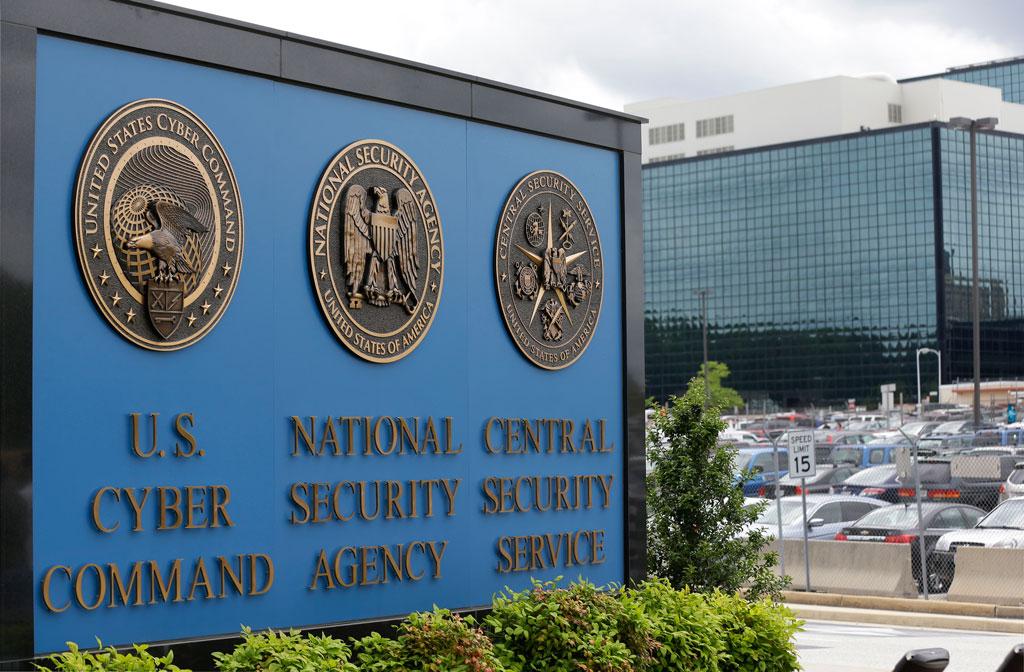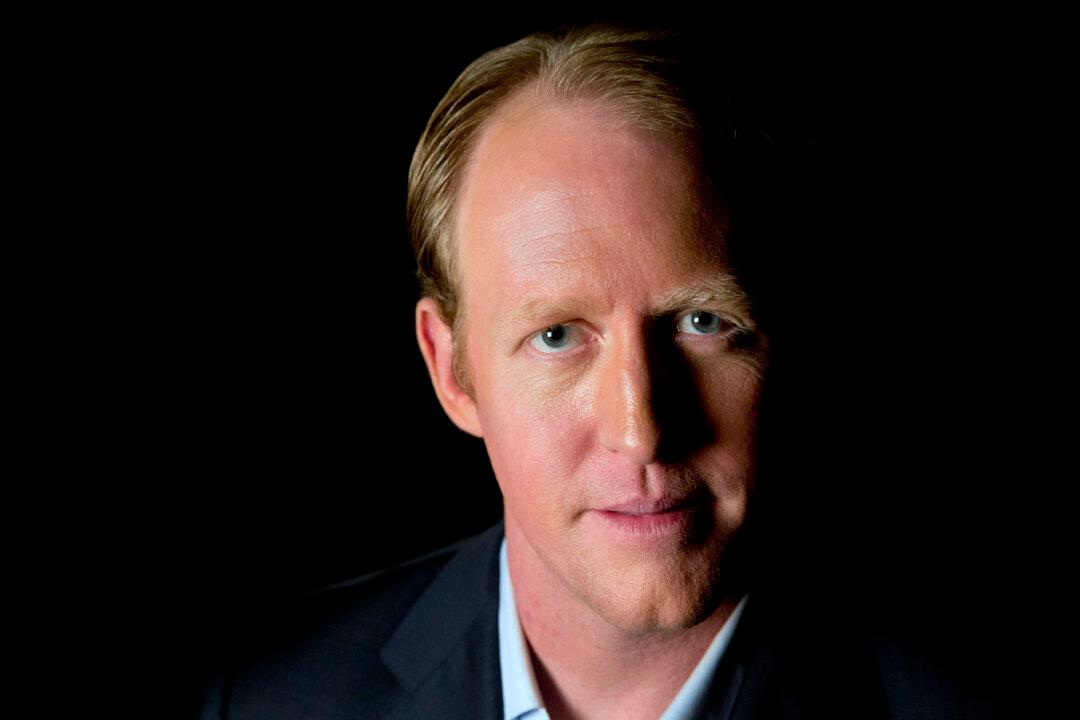Ken Dilanian
Author
LATEST
CIA’s Brutal Interrogation Under Bush: Innocent Prisoner Begged to Be Killed
In July 2004, despite growing internal concerns about the CIA’s brutal interrogation methods, senior members of George W. Bush’s national security team gave the agency permission to employ the harsh tactics against an al-Qaida facilitator the agency suspected was linked to a plot to disrupt the upcoming presidential election.
|
Senate Probe Catalogs Brutality Against Detainees
The United States brutalized scores of terror suspects with interrogation tactics that turned secret CIA prisons into chambers of suffering and did nothing to make America safer after the 9/11 attacks, Senate investigators concluded Tuesday.
|
Before Snowden, a Debate Inside NSA
Years before Edward Snowden sparked a public outcry with the disclosure that the National Security Agency had been secretly collecting American telephone records, some NSA executives voiced strong objections to the program, current and former intelligence officials say. The program exceeded the agency’s mandate to focus on foreign spying and would do little to stop terror plots, the executives argued.
|
Navy SEAL Robert O'Neill Says He Killed Osama bin Laden, Speaks Boldly
Former Navy SEAL Robert O'Neill, who says he fired the shots that killed Osama bin Laden, played a role in some of the most consequential combat missions of the post-9/11 era, including three depicted in Hollywood movies. And now he’s telling the world about them.
|
Airstrikes Not End Threat From Syrian Terror Cell
The barrage of U.S. cruise missiles last month aimed at a Syrian terroristcell killed just one or two key militants, according to American intelligence officials who say the group of veteran al-Qaeda fighters is still believed to be plotting attacks against U.S. and European targets.
|
CIA’s Brutal Interrogation Under Bush: Innocent Prisoner Begged to Be Killed
In July 2004, despite growing internal concerns about the CIA’s brutal interrogation methods, senior members of George W. Bush’s national security team gave the agency permission to employ the harsh tactics against an al-Qaida facilitator the agency suspected was linked to a plot to disrupt the upcoming presidential election.
|
Senate Probe Catalogs Brutality Against Detainees
The United States brutalized scores of terror suspects with interrogation tactics that turned secret CIA prisons into chambers of suffering and did nothing to make America safer after the 9/11 attacks, Senate investigators concluded Tuesday.
|
Before Snowden, a Debate Inside NSA
Years before Edward Snowden sparked a public outcry with the disclosure that the National Security Agency had been secretly collecting American telephone records, some NSA executives voiced strong objections to the program, current and former intelligence officials say. The program exceeded the agency’s mandate to focus on foreign spying and would do little to stop terror plots, the executives argued.
|
Navy SEAL Robert O'Neill Says He Killed Osama bin Laden, Speaks Boldly
Former Navy SEAL Robert O'Neill, who says he fired the shots that killed Osama bin Laden, played a role in some of the most consequential combat missions of the post-9/11 era, including three depicted in Hollywood movies. And now he’s telling the world about them.
|
Airstrikes Not End Threat From Syrian Terror Cell
The barrage of U.S. cruise missiles last month aimed at a Syrian terroristcell killed just one or two key militants, according to American intelligence officials who say the group of veteran al-Qaeda fighters is still believed to be plotting attacks against U.S. and European targets.
|

